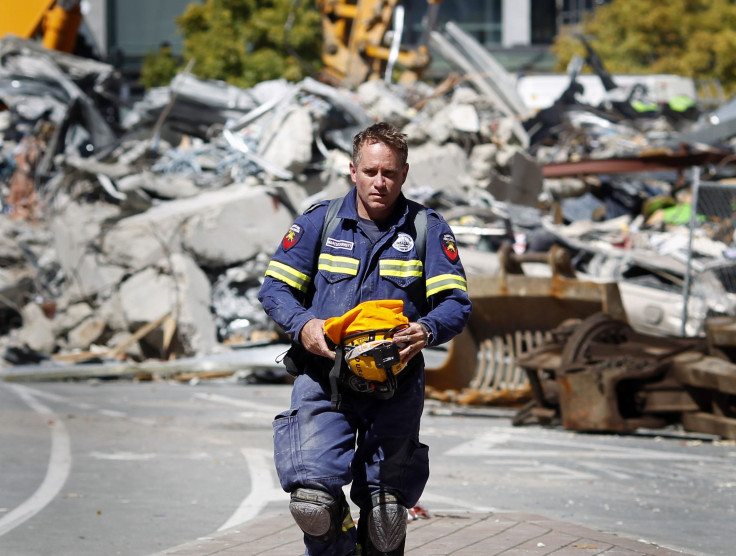5.3-magnitude earthquake, biggest in Queensland history, disturbs animal life

A 5.3-magnitude earthquake shook the coastline of south-east Queensland. The earthquake has unsettled the pets and the wildlife in the region.
According to Geoscience Australia, the epicentre was 100 km off Fraser Island in the Coral Sea. Callers to 612 ABC Brisbane described that the behaviour of the animals before the earthquake had been “erratic.”
"My little cat ran terrified in from the deck, running low to the ground as they do when they're scared," ABC News quoted Carmel from Brisbane, "He's still quite jumpy and staying very close to me." Lyn from Yerong said that her pet dog, usually a quiet one, was barking and racing up and down the fence for around 20 minutes before the event.
The 5.3- magnitude earthquake is considered to be the largest in Queensland history. However, no major damage has been reported to the Fraser Coast Council, Geoscience Australia or police.
Brisbane Times quoted Camille Nash, manager of Plantation Resort at Rainbow Beach, saying that the ground was “definitely shaking.” She said that she could feel it in her office for “30 seconds or more.”
Not only domestic pets but the wildlife also has been reported to have been acting unusually before and during the event. According to veterinarian and animal behaviourist Dr Cam Day, animals are more sensitive than humans to be able to detect natural disasters.
Day said that the reactions varied in accordance with the size of the animal. Animals with bigger heads are more likely to hear low frequency noises but they are unable to hear high frequency noises, he said.
According to Day, bigger animals are more likely to respond to thunderstorms which involve low frequency noises. Animals are also capable of smelling various gases released during natural disasters because of their prominent sense of smell. It can trigger fear in them, he said.
Day advised pet owners to reassure their pets with a sense of calm. It will help if owners attend their animals which are behaving oddly during a natural disaster. He said that the best possible way to comfort the distressed animals was to take them inside in a soundproof room.
Contact the writer at feedback@ibtimes.com.au





















